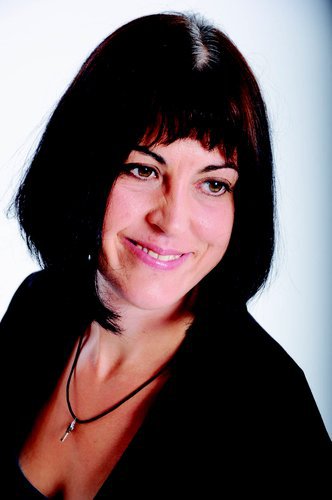Schools with a reformed religious tradition can be found throughout the country, where people help especially disadvantaged students close the educational gap with their peers. The pastors and elders of the congregations take part in the work too, and there are also schools where reformed Roma students help. We talked to the leader of the closing the gap program of the RCH, Krisztina Nagy.

Who and how does the school help?
We help especially disadvantaged, mostly Roma, students in their learning. In our schools we do not do homework with the children, but we strengthen their overall competences. Our students are sometimes at a disadvantage due to socialization and learning difficulties: for instance a fifth grade child will have lost ground in mathematics from their first class compared to their peers, because they’re starting out already so far behind. We occupy the students in small groups because in this way a student gets more individualized attention. Every exercise has a purpose that helps our students, like skills training programs after high-tea that develop motion coordination.
How does a school become reformed?
Some of our schools are connected with congregations and they do faith activities where the local pastors play an important role. There are schools where the pastor holds bibliodrama activities for students, or where guests come to talk to the children about Christian holidays, or where members of the congregation are mentors to the students. We do not expect the mentors to be qualified teachers, but we want them to be open to the children. In some places the schools connected through their very infrastructure with the local reformed congregation: sometimes congregations and schools end up sharing spaces in a room of the congregation or in the local reformed school for something. In one place there is an elder – sometimes called a house wife –who coordinates the snack for the children and looks after them. Our schools reflect reformed values.
Are there any programs for the children beyond the daily school activities?
Beyond the daily occupations, the schools organize trips twice a year. There are retreats, camps, and a chance to visit the Reformed Roma Collegium.
Are there mentors from the Collegium?
The Roma dormitories are connected to our schools when they are geographically close to one another. For instance, our schools in Komádi and Biharkeresztes are visited regularly by the students of István Wáli Reformed Roma Collegium in Debrecen in order to help the students. At some places it makes sense geographically, but for other schools it is not possible due to distance.
Article by Márk Hegedűs
Translated by Petra Kecskés